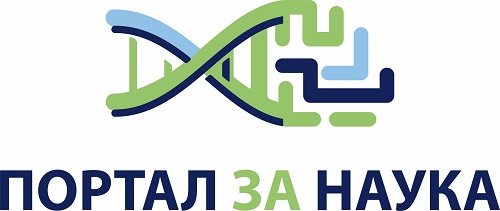Assoc. Prof. Petar Rashkov
Assoc. Prof. Petar Rashkov obtained his doctoral degree in Mathematics at Jacobs University, Bremen, Germany, in 2010, with specialisation towards harmonic analysis and operator theory. He was postdoctoral fellow at Philipps University in Marburg, Germany, Department of Numerical Methods at Faculty of Mathematics and Informatics and LOEWE-Centre for Synthetic Microbiology, where he dealt with modelling of microbiological systems, and at University of Exeter, England, where he worked on a project funded by pharmaceutical company AstraZeneca in the area of cancer modelling.
In 2017, he was habilitated as an associate professor at Institute of Mathematics and Informatics at Bulgarian Academy of Sciences, section Mathematical Modelling and Numerical Analysis.
His research interests include mathematical modelling in microbiology, oncology and epidemiology, in particular models described in differential equations and their analysis, and numerical methods. Since 2017, Assoc. Prof. Rashkov has taught an introductory course in computational biology at Sofia University – Faculty of Mathematics and Informatics.
Brief description of the project
Reduced Basis Methods with Application to Models of Cancer Growth and Evolution
Computer tumour modelling is expanding its application in the development of treatment strategies, with the latest models taking into account environmental and evolutionary factors, such as tumour microenvironment, intratumour heterogeneity, natural selection and adaptation to antitumour drugs. From mathematical point of view, the study of tumour changes and the search for optimal therapies are often described by parabolic problems that require multiple solutions for different values of the input parameter (drug dose). Their numerical solution leads to multiple solutions of large algebraic systems resulting from discretisation of the problem, using the finite element method.
Reduced basis method (RBM) is proposed as a cost-effective approach for solving parametrised elliptical or parabolic problems in engineering. This method uses full discrete problem reduction to construct approximate solutions for the corresponding parameter value generated by a basis built from a small number of full problem solutions for carefully selected parameter values (so-called snapshots). The objective of the project funded by Peter Beron National Science Programme is to develop and study RBM for tumour growth models described by reaction-diffusion-advection equations with nonlinear and nonlocal terms.
